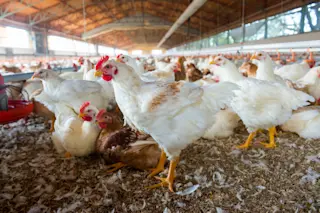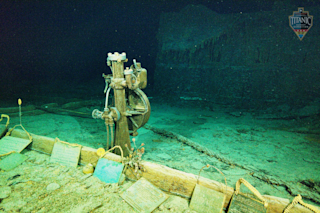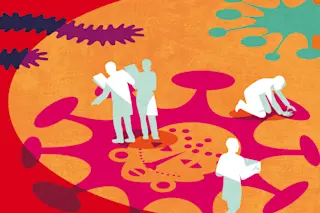Our bodies are crawling with trillions of bacteria, fungi and viruses, and now it seems no corner of our anatomy is immune to microbial colonies. Researchers have discovered that the placenta, once thought to be sterile, actually plays host to over 300 types of bacteria. More surprisingly, the types of microbial life living in the placenta, an organ that supplies a developing fetus with nutrients and filters waste, bear a striking resemblance to the bacterial biome of the mouth. The finding has fueled renewed interest in the link between periodontal disease in pregnant women and premature births.
Researchers from Baylor College of Medicine and Texas Children’s Hospital explored the placenta’s microorganisms as part of a massive, nationwide undertaking to catalog and study all the microbes living in and on the human body. They studied 320 placentas collected after birth and sequenced bacterial DNA extracted from the organs. Their analysis revealed ...













